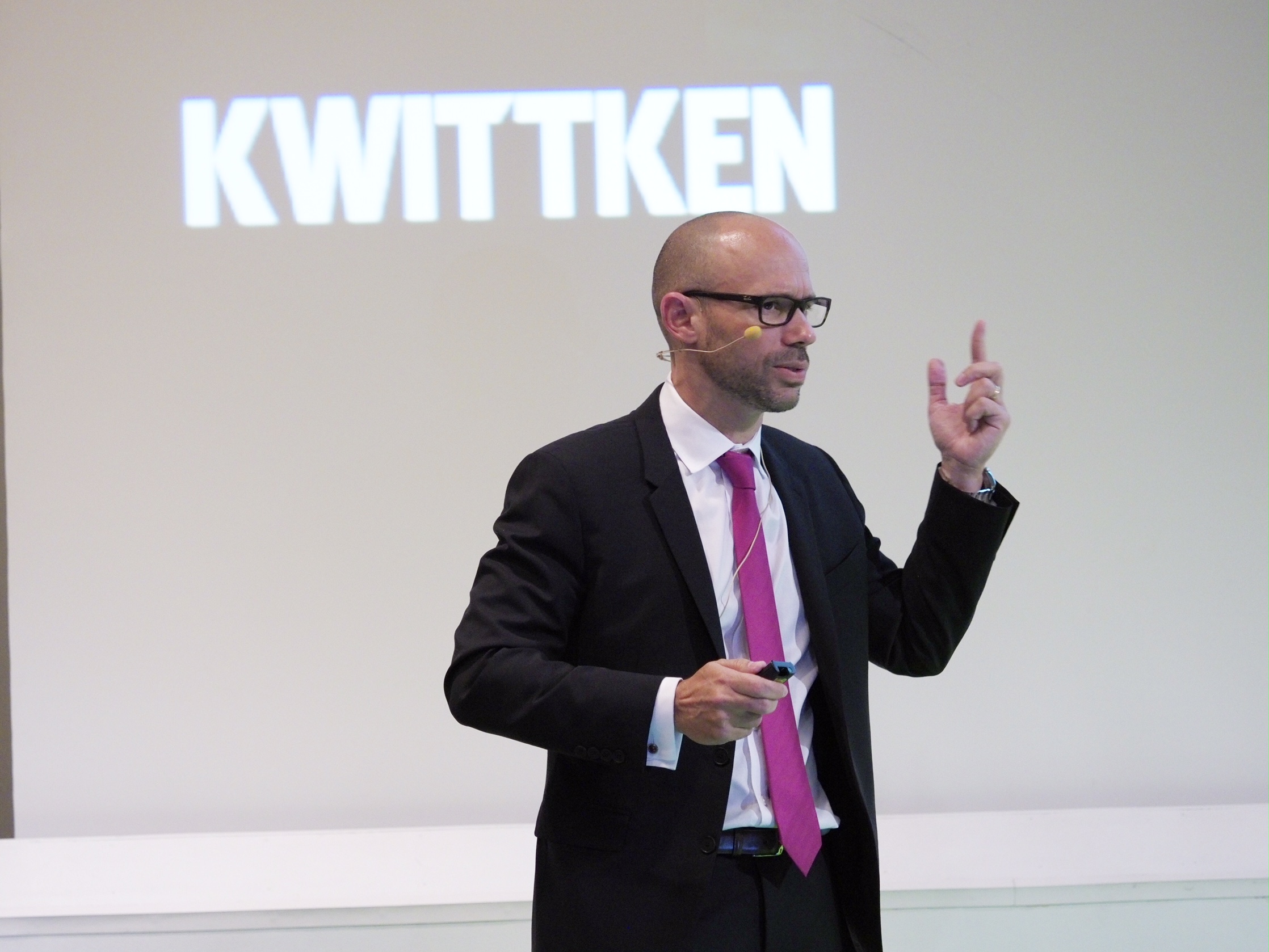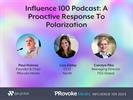Paul Holmes 06 Oct 2017 // 8:59AM GMT

HELSINKI—Is purpose-driven marketing the way forward or is the risk of a backlash making purpose too dangerous? Attendees at the ICCO Summit in Helsinki this morning heard two conflicting views from Aaron Kwittken, chairman and CEO of Kwittken, and David Orlic, deputy CEO and head of innovation, Prime and United Minds in Sweden, on one of the major challenges for 21st century marketers.
In a presentation on “The Purpose Backlash,” Orlic warned that “we are seeing a purpose backlash with companies throwing themselves out there and then being called out because it’s inauthentic,” and warned that the marketing enthusiasm for purpose—which began, he argued, with the success of the Dove “real women” campaign—is now coming to end.
“The politicized time we live in makes it more difficult for brands to communicate around causes and issues,” he said. “The media is focused on anger and resentment and conflict—conflict has become a tool for reach. But no matter what you do, someone is going to be offended. It is hard to find neutral ground, or to stand on the sidelines. If you don’t have a position, you will be forced into a position.”
For that reason, he said, companies need to learn a new skill: criticism management (which he differentiated from crisis management). Before launching a campaign, he said, PR advisors “need to put on their troll hat and think about what is the worst thing that somebody might say.”
Kwittken, in his presentation “On Purpose, How Some Brands Are Doing Right, Right,” acknowledged the backlash that some brands—Pepsi with its ill-fated ad addressing police brutality and Black Lives Matter in the US, or Starbucks with its ill-received #racetogether attempt to address racial tensions—have experienced a backlash to their purpose-driven efforts.
But neither Pepsi nor Starbucks are genuine purpose-driven brands, he suggested, arguing for a more rigorous definition of purpose.
“There are companies that are good at CSR, foundations, cause-related marketing, customer service, and they think that makes them a purpose-driven brand. Mastercard is great at CSR, Walmart has a great foundation, Dove and Always are very good at cause-related marketing, but that doesn’t make them purpose-driven companies or purpose-driven brands.
Most of the campaigns that have experienced some backlash—and even campaign’s like State Street’s “Fearless Girl” that have been well-received—are not truly purpose driven, he said.
“If your intent is pure and your actions support that, that’s just PR,” he said. “Purpose requires intent, actions, and a business model. When it’s baked into your company, that’s purpose.”
Examples of truly purpose driven brands, Kittken said, include Kind bars (which began with the idea of sourcing ingredients from Israelis and Palestinians to bring the two peoples together); Toms of Maine (which offers to donate a pair of shoes for every paid bought by consumers); or leesa (a Kwittken client and mattress company focused on eliminating bedlessness). All of these are B Corps in the US, a designation certifying their focus on social impact.
Kwittken suggested six criteria for judging whether a company or brand is truly purpose driven:
• It has to be fundamental to the enterprise
• It has to be relevant to the brand
• Employees have to be engaged
• Sustainable by design
• Actions, not just word
• Auditable by outside accrediting bodies
“It has to be deep and baked in, and it has to be real, not aspirational,” he said.
The reason the effort is worth it is that millennial consumers in particular are passionate about purpose. “Millennials are not just shopping for good products, they are shopping for good companies.” And he cited research showing that millennials alredy control $17 trillion in wealth and will inherit $30 million in wealth from their parents.
It’s also important to millennial employees, which is one reason Kwittken’s agency has made its own commitment to purpose. The firm has always done a lot of pro-bono work, but a week ago Kwittken sent a letter to clients, telling them “we now want to honor the greater purposes that binds us together… tell stories that demonstrate our human ability to bridge the gap between practice and purpose, trial and tenacity, corporation and compassion.”
What that means in practical terms is that the agency will now donate up to 10% of monthly retainers back into supporting clients’ social impact programs, and that staff will get two “social impact” days off a year, posting their experiences to Kwittken’s social media channels.
He believes that his 75-person agency could end up donating $1m in time from its people to important causes over the course of a year.
Photo credit: Peter Forsgard


































.jpg)

















